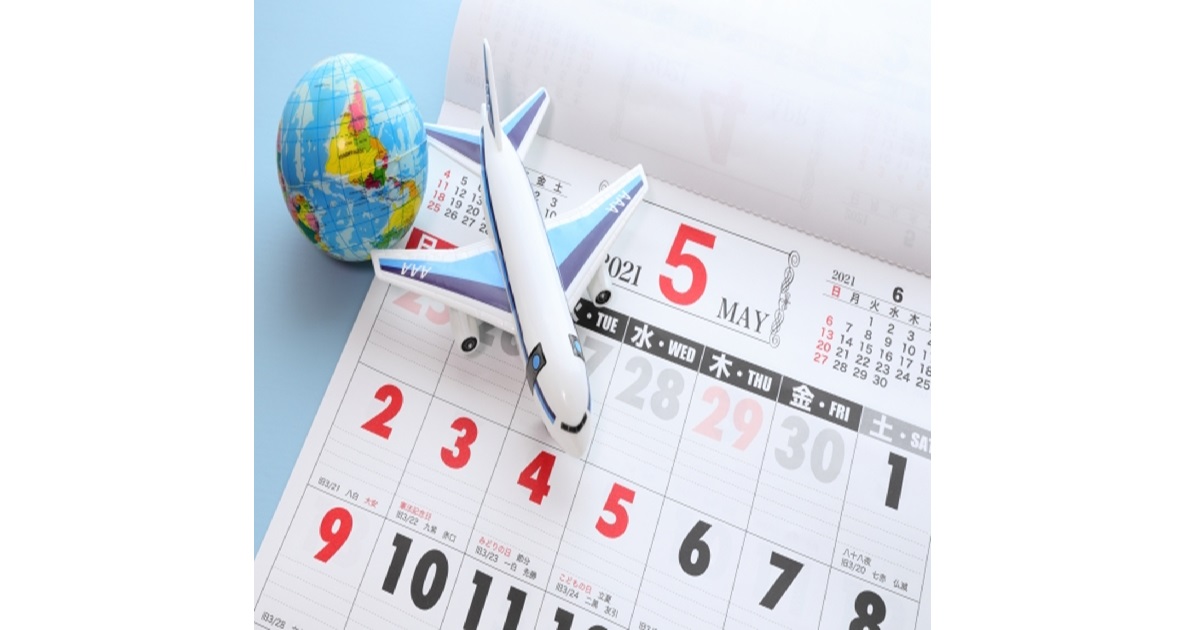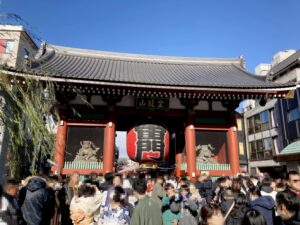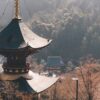Planning a trip to Japan is an exciting experience.
But did you know that scheduling your visit around public holidays can have a huge impact on your plans?
Knowing Japan’s public holidays not only helps you avoid crowds and potential closures, but also gives you the chance to experience unique cultural celebrations.
This guide explains Japanese holidays, so be sure to save it for your travel planning!
Major Peak Travel Seasons to Be Aware Of
Be aware of these three major holiday seasons when travel becomes extremely congested and prices for flights and accommodation can soar.
1. Golden Week (Late April to Early May)
This is one of Japan’s longest and busiest holiday periods, formed by a cluster of national holidays.
Book everything well in advance if traveling during this time.
2. Obon (Mid-August)
Though not an official public holiday, Obon is a traditional period for honoring ancestors.
Many Japanese people return to their hometowns, making transportation extremely crowded.
3. New Year Holidays (Late December to Early January)
This is arguably the most important holiday season in Japan (typically Dec 29 – Jan 3).
Many businesses, including some tourist spots and restaurants, may be closed or have shortened hours.
Smart Tip for Peak Season Travel: The Japan Rail Pass
If you plan to travel during these busy times, navigating the crowded train system can be a challenge.
The Japan Rail Pass (JR Pass) can be a lifesaver.
It offers unlimited rides on most JR trains, including many Shinkansen lines.
Booking this pass in advance can save you time and money, making your trip much smoother.
2025 Public Holiday Calendar
Note: If a holiday falls on a Sunday, the following Monday usually becomes a substitute holiday.
January
- Jan 1 (Wed): New Year’s Day (Ganjitsu)
- Jan 13 (Mon): Coming of Age Day (Seijin no Hi)
February
- Feb 11 (Tue): National Foundation Day (Kenkoku Kinen no Hi)
- Feb 23 (Sun): The Emperor’s Birthday (Tennō Tanjōbi) – Feb 24 becomes a substitute holiday.
March
- Mar 20 (Thu): Vernal Equinox Day (Shunbun no Hi)
April
- Apr 29 (Tue): Shōwa Day (Shōwa no Hi) – Start of Golden Week.
May
- May 3 (Sat): Constitution Memorial Day (Kenpō Kinenbi)
- May 4 (Sun): Greenery Day (Midori no Hi)
- May 5 (Mon): Children’s Day (Kodomo no Hi)
- May 6 (Tue): Substitute Holiday – End of Golden Week.
July
- Jul 21 (Mon): Marine Day (Umi no Hi)
August
- Aug 11 (Mon): Mountain Day (Yama no Hi)
September
- Sep 15 (Mon): Respect for the Aged Day (Keirō no Hi)
- Sep 23 (Tue): Autumnal Equinox Day (Shūbun no Hi)
October
- Oct 13 (Mon): Sports Day (Supōtsu no Hi)
November
- Nov 3 (Mon): Culture Day (Bunka no Hi)
- Nov 23 (Sun): Labor Thanksgiving Day (Kinrō Kansha no Hi) – Nov 24 becomes a substitute holiday.
By knowing these dates, you can avoid crowds, enjoy unique cultural experiences, and make the most of your time in Japan.
You Might Also Like
Now that you know the holidays, learn the easiest way to get around on Japan’s amazing train system with an IC card.
Unlock Easy Japan Train Travel: Your Guide to Getting a Suica or PASMO Card








